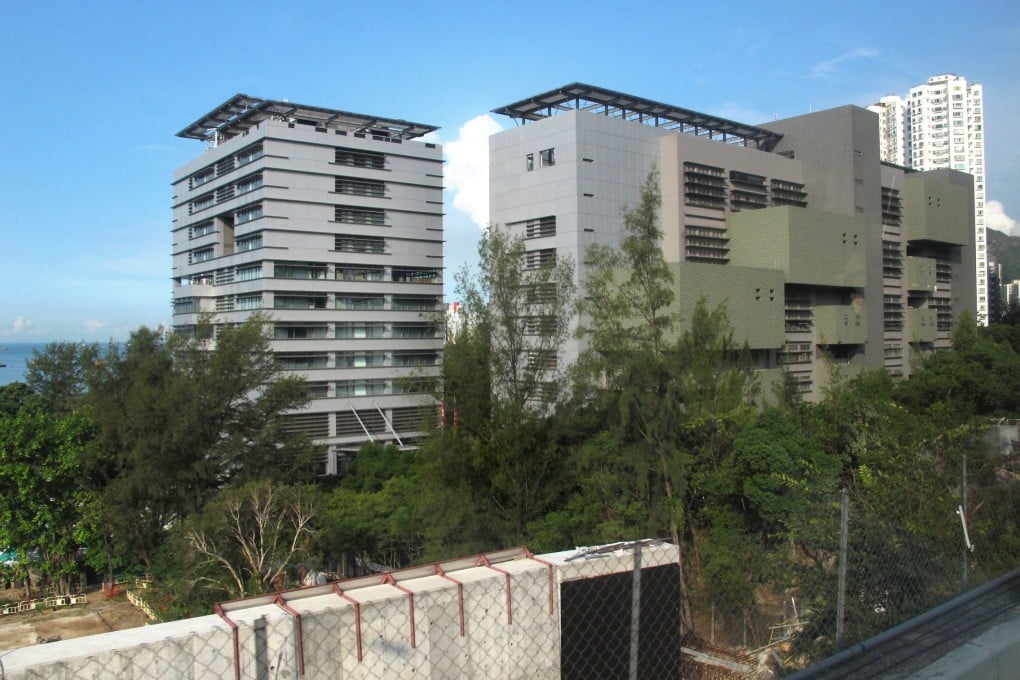Opinion | Hong Kong should rethink rules that threaten to make immigration detention feel like jail
- Proposed changes include allowing intimate body searches, raising maximum solitary confinement to 28 days and a new detention centre managed by the prisons authority
- This is a disturbing move towards making an already opaque, non-judicial system punitive, especially when many have been victims of trafficking or persecution

These changes are likely to take effect early next year, after amendments to the relevant rules and regulations are approved by Legco.
Immigration detention means holding migrants in closed government facilities for immigration control purposes. For example, a migrant might be detained if they are going to be deported from Hong Kong, pending their removal. Under the Immigration Ordinance, the government has broad powers to detain migrants. Importantly, the decision to place a migrant in custody is purely an administrative one.
It is made entirely by government officials, without independent judicial scrutiny. Moreover, while some categories of immigration detention have time limits, others do not. For example, pending removal from Hong Kong, a person can be detained without knowing when or whether they will be released.

